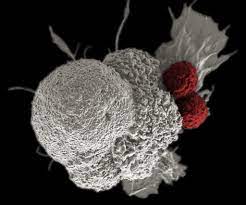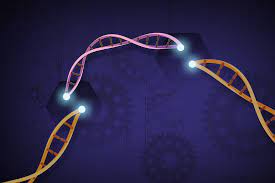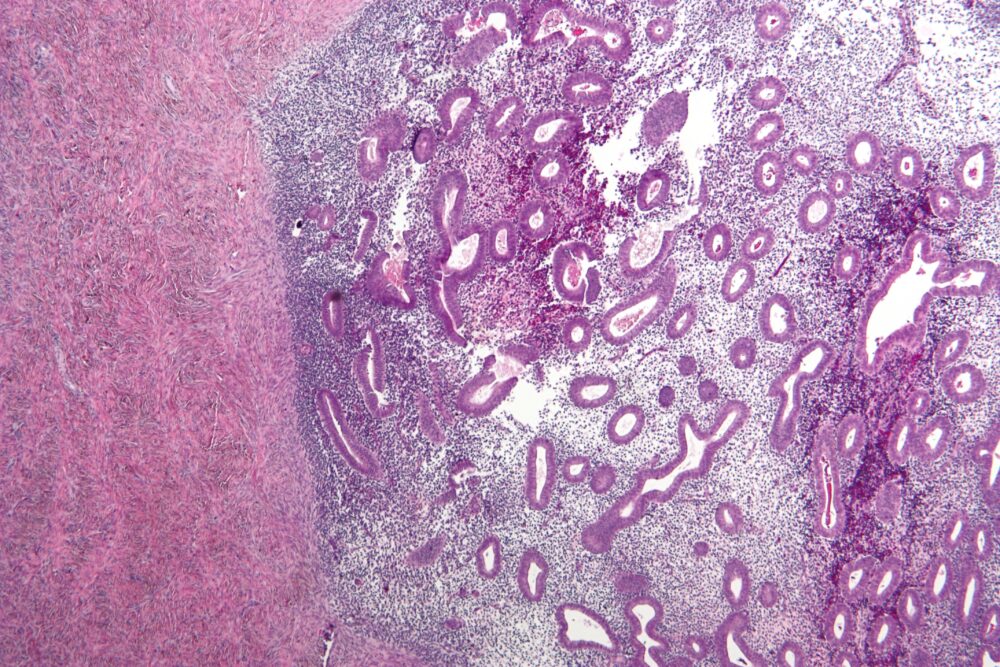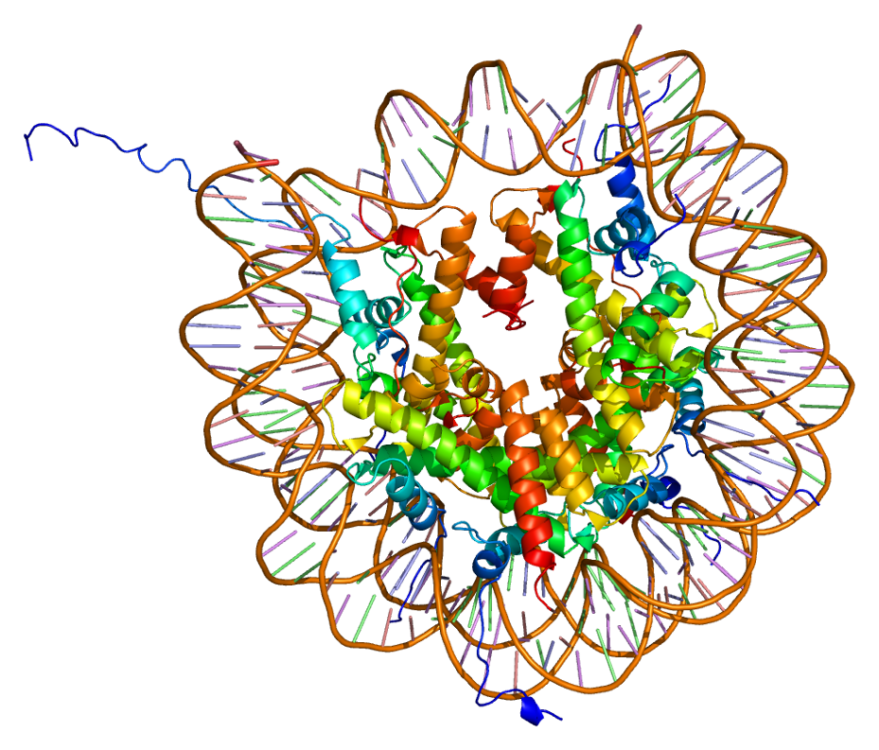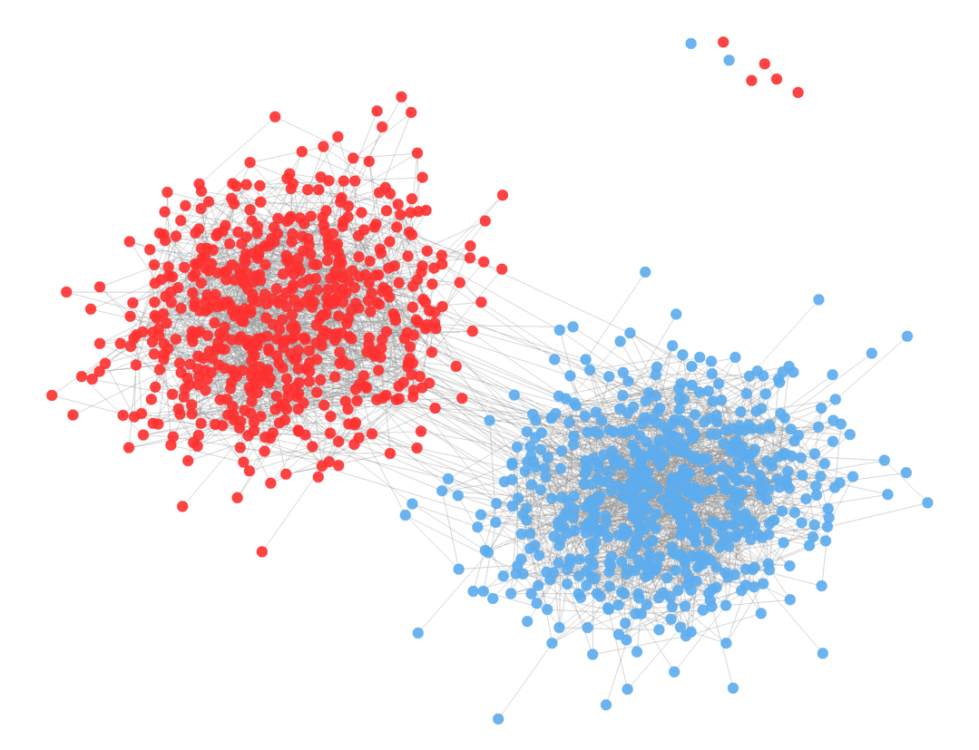Cell-ebrity avoidance: How tumors avoid immune cells
Our immune system consists of hundreds of specialized cells dedicated solely to maintaining our well-being. This branch of our body is dedicated to fighting pathogens such as bacteria, viruses, parasites, and even our own mutated cells. Fundamentally, the cells of the immune system can be categorized into two main varieties: the innate immune system and […]
Cell-ebrity avoidance: How tumors avoid immune cells Read More »
